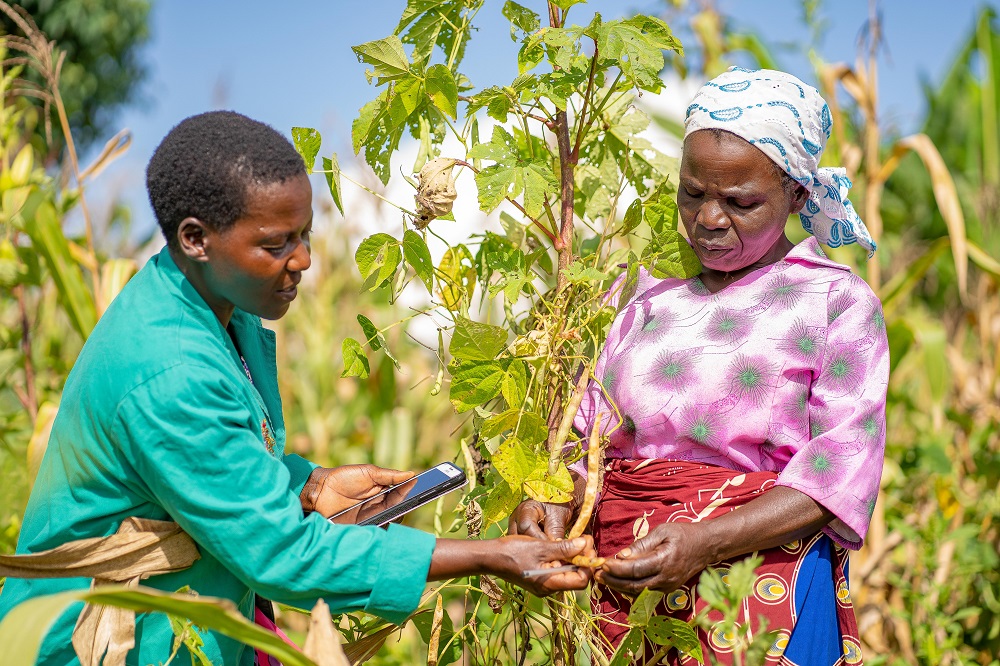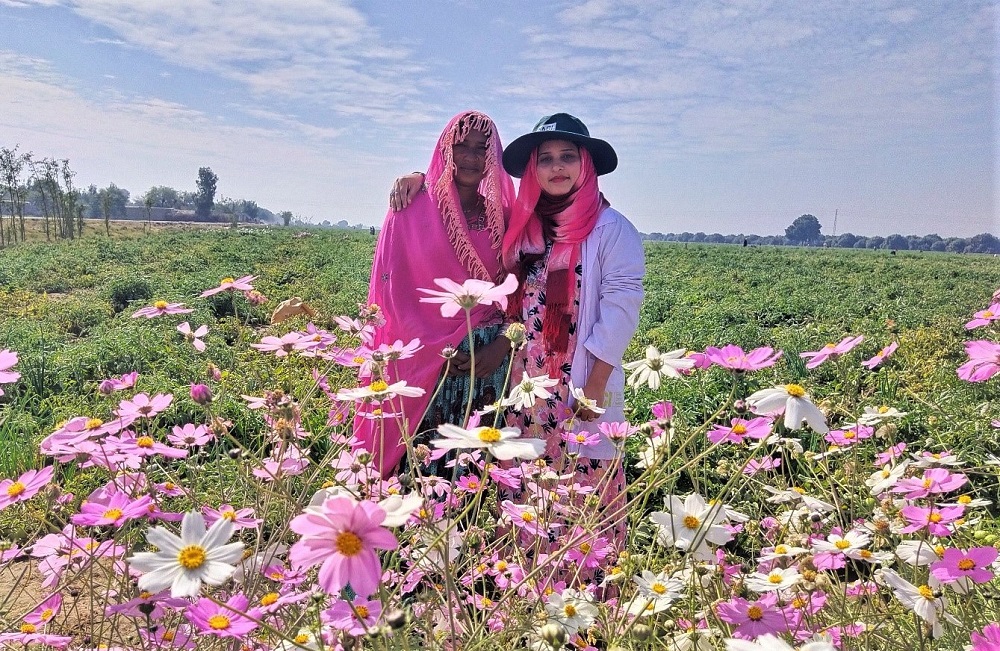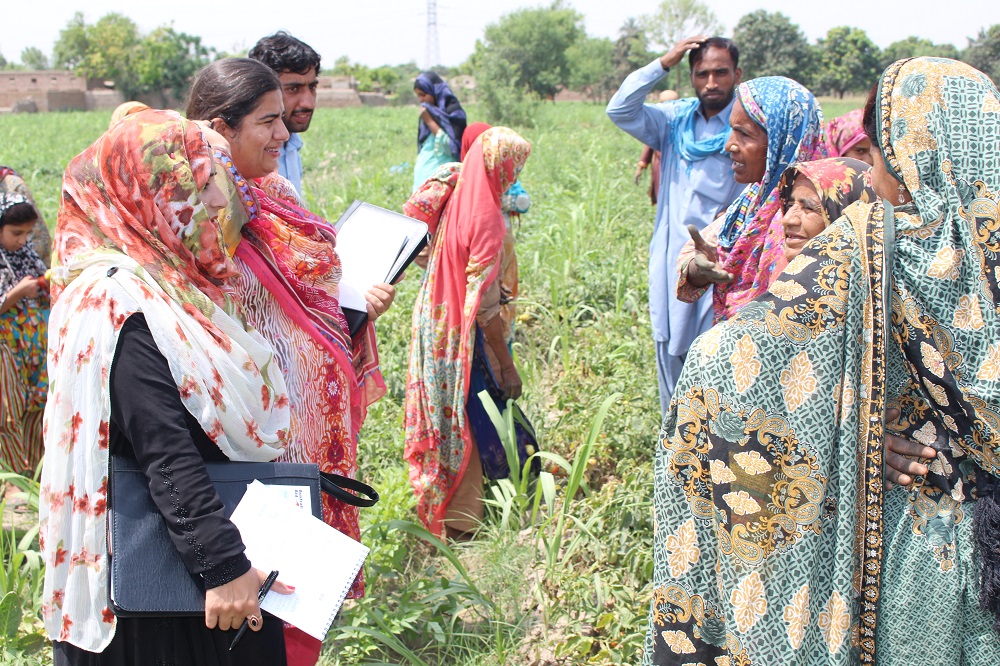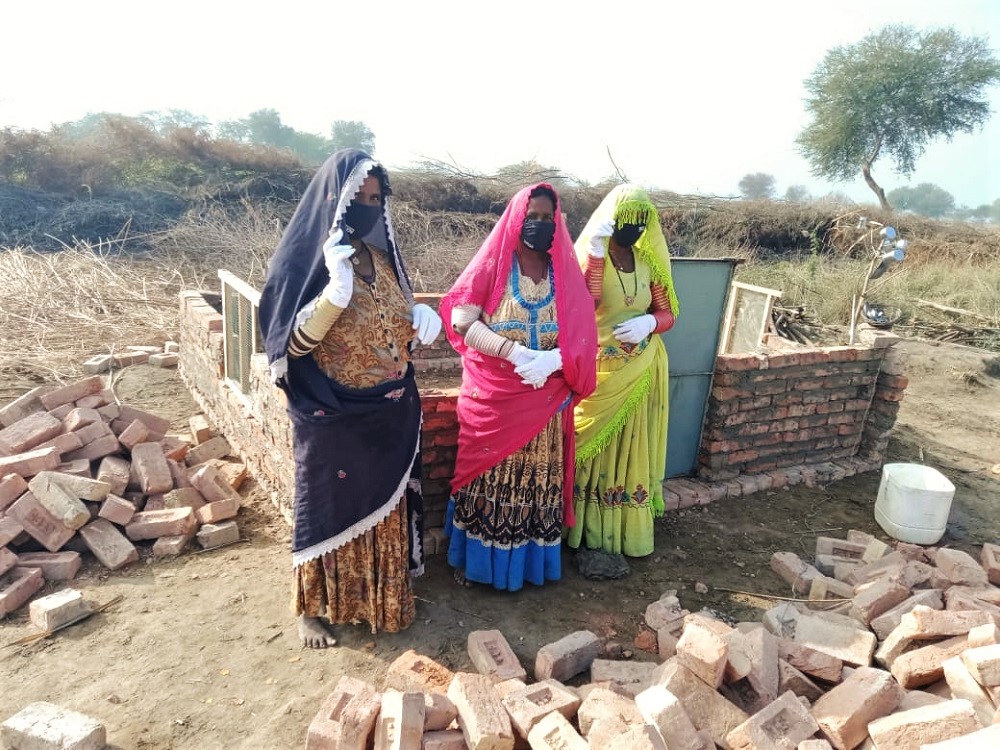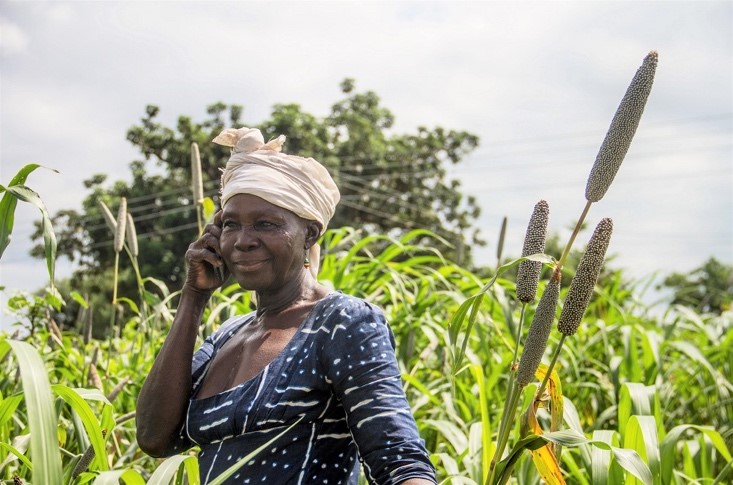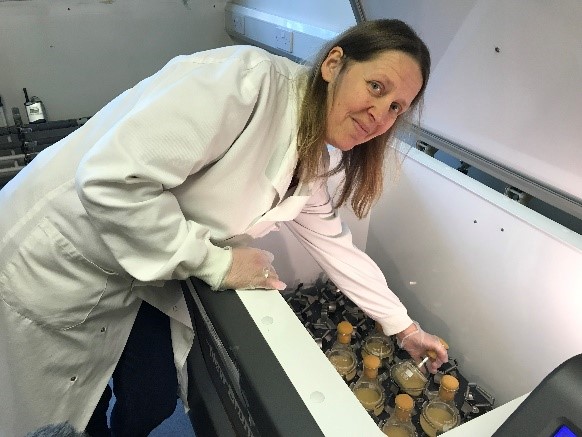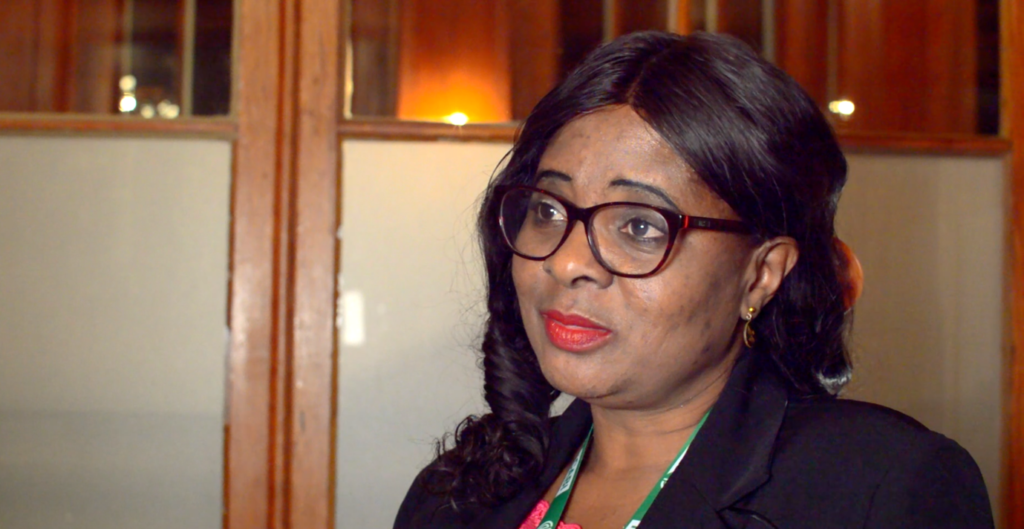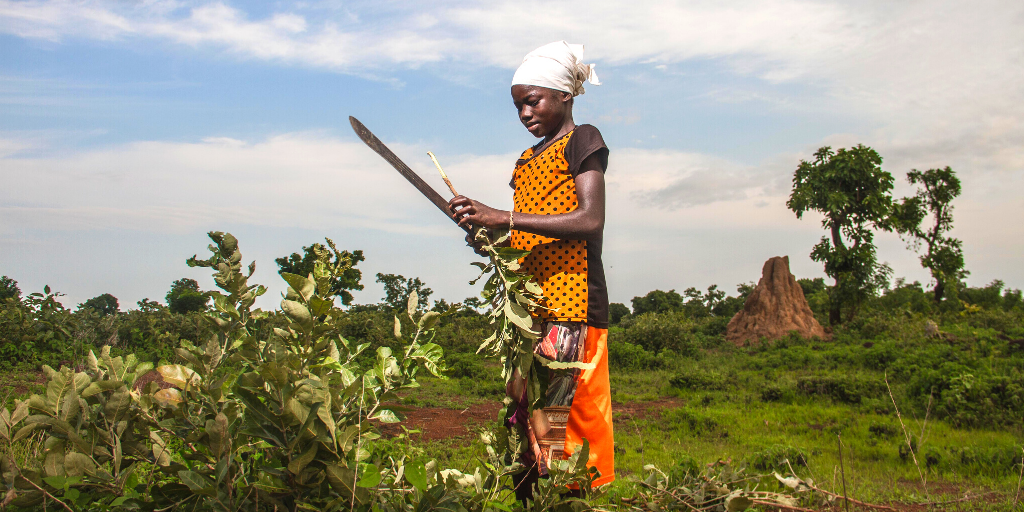How to be a Plant Pathologist with Janna Beckerman
How can you grow your career as a woman in science? In line with CABI’s strategic goals to empower women, we’ve interviewed a series of professionals who’ve worked or collaborated with CABI to share how they got to their current position, giving tangible advice to others looking to grow their careers. In today’s blog, we…
How to be a Senior Scientist with Djami Djeddour
How can you grow your career as a woman in science? In line with CABI’s strategic goals to empower women, we’ve interviewed a series of professionals who’ve worked or collaborated with CABI to share how they got to their current position, giving tangible advice to others looking to grow their careers. In today’s blog, we…
When you picture a farmer, are they a woman?
CABI has today published a briefing, Empowering female farmers – Gender responsive programming, which is an overview of gender inequality in agriculture, its challenges and impacts, and how CABI is working to address these through its projects and implementation now and in the future.




